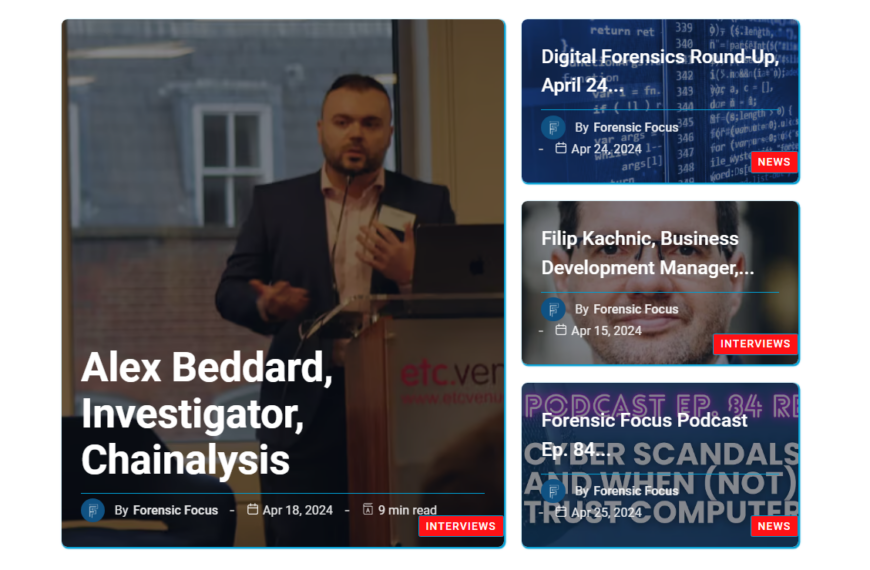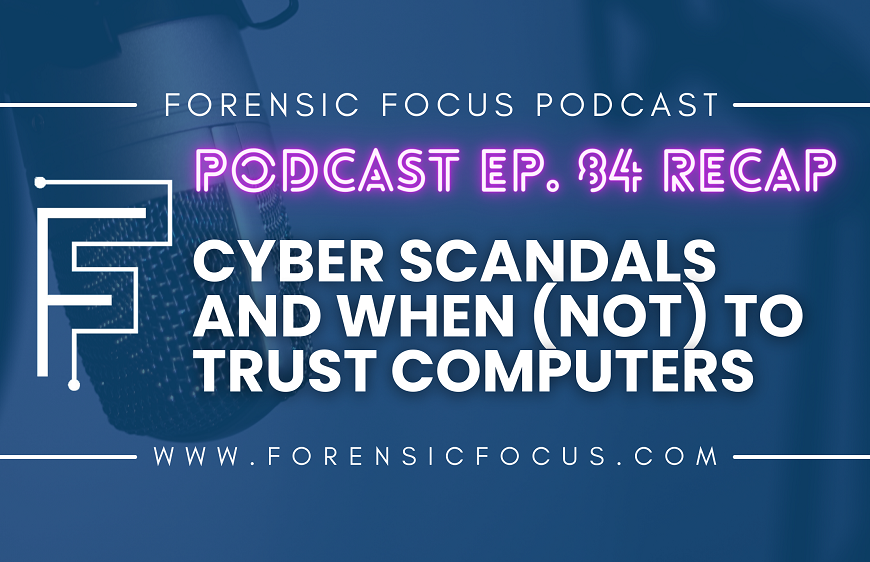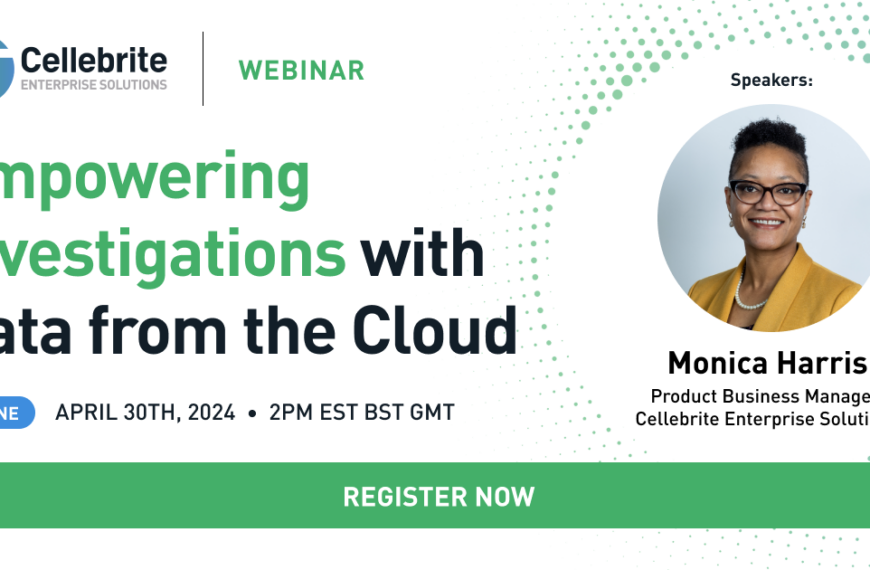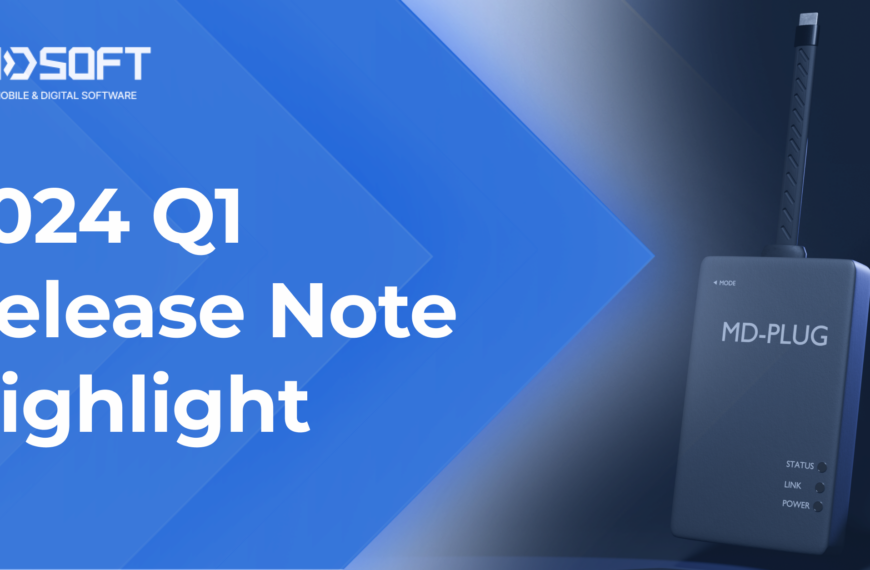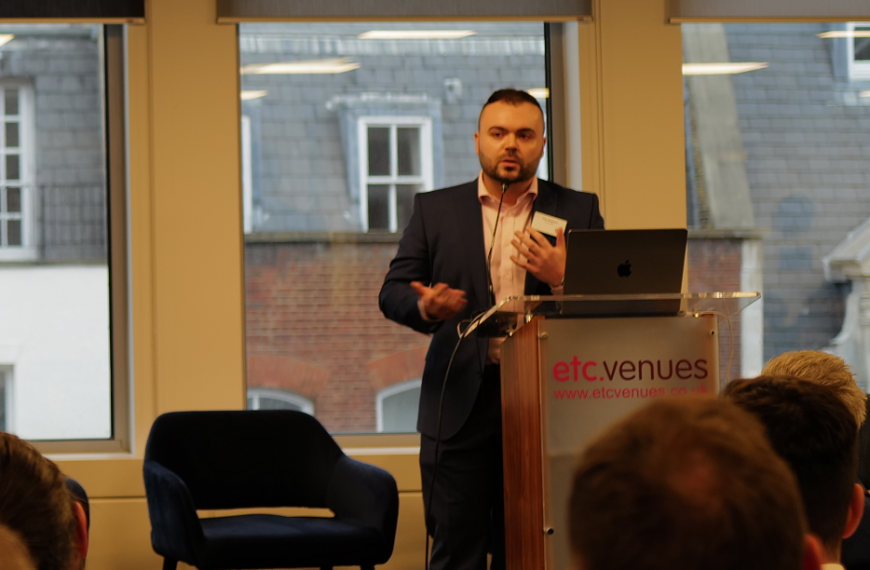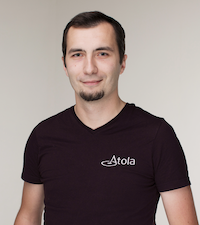 In your role as Atola’s CTO you manage product development and coordinate the work of the ever-growing team of engineers. You're also involved in liaising with customers, market analysis and a whole range of other activities. Which part of your job do you regard as the most important and the most challenging?
In your role as Atola’s CTO you manage product development and coordinate the work of the ever-growing team of engineers. You're also involved in liaising with customers, market analysis and a whole range of other activities. Which part of your job do you regard as the most important and the most challenging?
This one is very easy to answer. Managing product development is my number one priority due to both the importance and the complexity of it.We always listen to our customers’ feedback regarding the new features they want to see in our products. Besides that, the Atola dev team frequently comes up with ideas about how to improve the feature set as well as our products’ overall performance and usability. Plus there is always a backlog of defects to be fixed. Balancing out all these development wish lists demands strategy, critical thinking and sometimes courage.
Atola TaskForce was launched earlier this year. What sets it apart from other evidence acquisition tools and how different was the development process for it compared to the previous Atola products?
This tool is all about efficiency. In the world where drive capacity grows exponentially while transfer rate remains similar, we wanted to create a tool that would dramatically expedite evidence acquisition. As a result, with Atola TaskForce you can image 15 TB of data within 1 hour by running 12 or more parallel imaging sessions, which makes it the world’s fastest imaging tool.
As for the development process, our team invested a lot of effort in creating TaskForce. We developed this tool using the latest frameworks and high-end server-grade hardware, which predictably demanded cycles of constant learning and overcoming many difficulties both on the software and on the hardware side. But we were willing to go through these challenges and fight a few dragons along the way. It is to be expected when you strive to develop a device that is innovative and of a high quality.
Atola’s forensic tools have vast functionality, yet regulations and therefore customer needs in this market frequently change, urging vendors to develop their tools further. How do you make sure you can effectively respond to this ever-changing reality?
It is usually when we sit together with Dmitry Postrigan, Atola’s CEO, and work on product roadmaps that we figure out what the priorities are. And we base our decisions on our users’ feedback.
'What change would be the most valuable for the majority of our customers?' – this is the fundamental question.
Sometimes, though, we experiment and generate ideas in unconventional ways with the team. For instance, one of Atola’s practices is Innovation Day when we split into a few cross-functional teams and prototype new, sometimes completely unexpected, ideas. This day allows us to pursue new exciting solutions in Atola products, inspires our whole team and helps boost our creativity.
Atola celebrates its 15th birthday this year. As CTO, you analyze the feedback that the company gets from the customers, and you are in direct contact with many of them. Can you remember a particular client’s story that stuck with you; anything that changed the way you looked at the market or inspired you?
I have to say that it was the moment when I learned how crucial Atola Insight Forensic is to solving numerous child exploitation cases. Before then, I had never thought my work would have such a tangible impact on lives of children and their families. A paradigm-shifting experience for me. And it keeps me motivated to get the work going and help our users make communities safer.
You are a strong proponent for happiness in the workplace. How does an individual’s comfort contribute to Atola’s business performance?
There are many pieces of research proving that happiness at work makes people more productive. It is a win-win for both the company and the people contributing to its success.
But there is a fine line to walk: while we all want to be happy, it is important to avoid the pressure of not being happy enough. That’s why in our team we aspire to feel not 100% happy but overall happier. We accomplish it by appreciating the little things we share together: finding and fixing an unexpected error, telling an important story from your life, cooking an apple pie together, enthusiastically discussing APFS decryption subsystem or pondering while enjoying delicious coffee in the office kitchen. All of these little moments are fun and rewarding and help us feel more comfortable and enjoy our professional life.
Atola’s people are a friendly and outgoing lot. You have written before about the very specific way Atola hires people and why this method works. What other values and processes help the team to get along so well?
Atola’s core values are sincerity, helping each other and continuous learning. We hire people who share these values and have a mindset that allows them to learn while they work on solutions, even if they make mistakes along the way.
At Atola we are not afraid of making mistakes. It is a fail-friendly environment where everybody treats a mistake as an opportunity to learn. As a result of such hiring and management practices, we have a team of like-minded individuals and we function like a supportive family at work, capable of tackling any problem.
Is there a new or emerging technology that you find particularly exciting and that Atola may adopt in the future?
There are always many ideas under development at Atola. In fact, I often think we may have too many ideas!
What will definitely be implemented soon is the support of NVMe drives in our tools. This technology is the latest from the world of drives. Machine learning looks promising, and some of the new ideas in the modern UX design will also form a foundation for new features in our products.
Find out more about Atola and their suite of products at atola.com, and learn more about their hiring practice in this article Vitaliy wrote on Medium.









